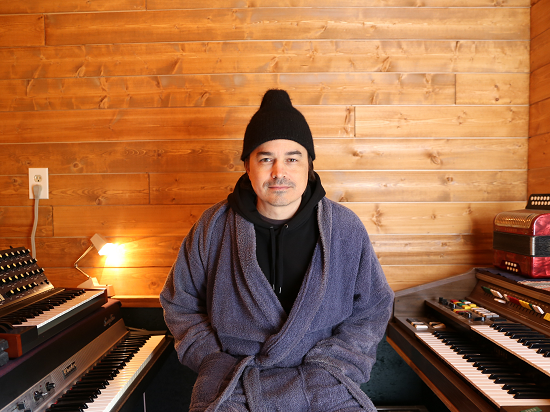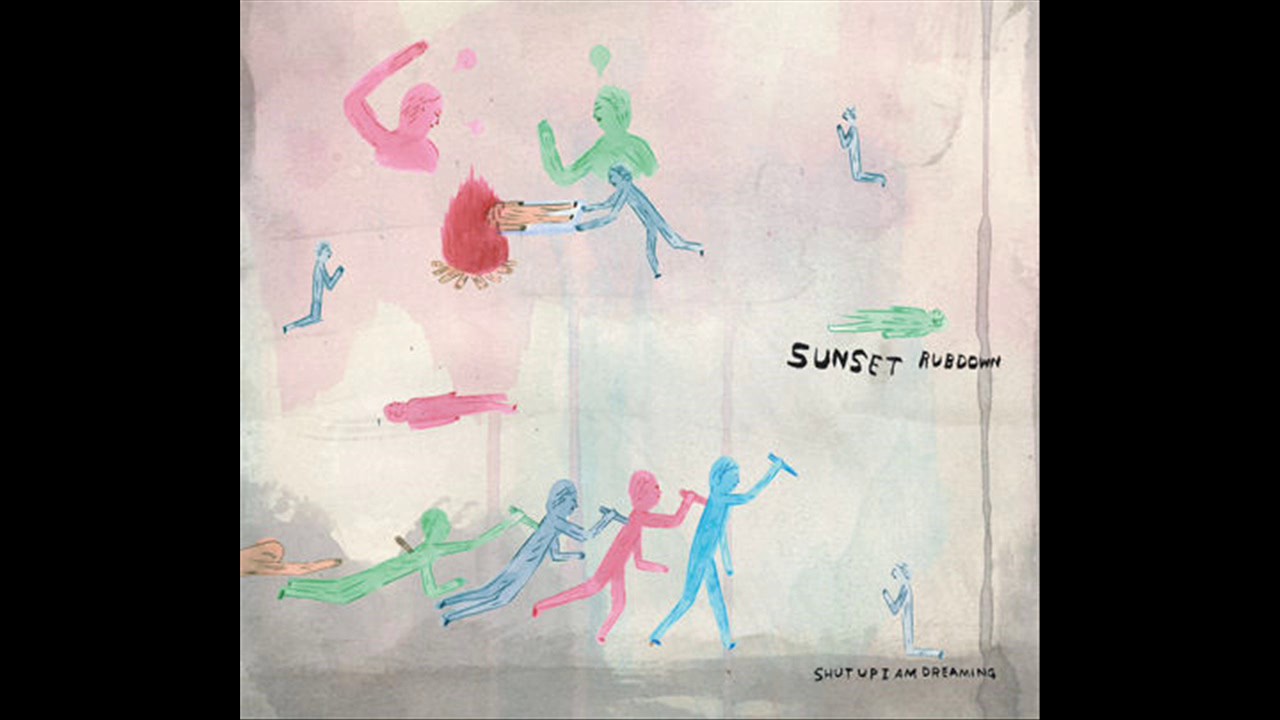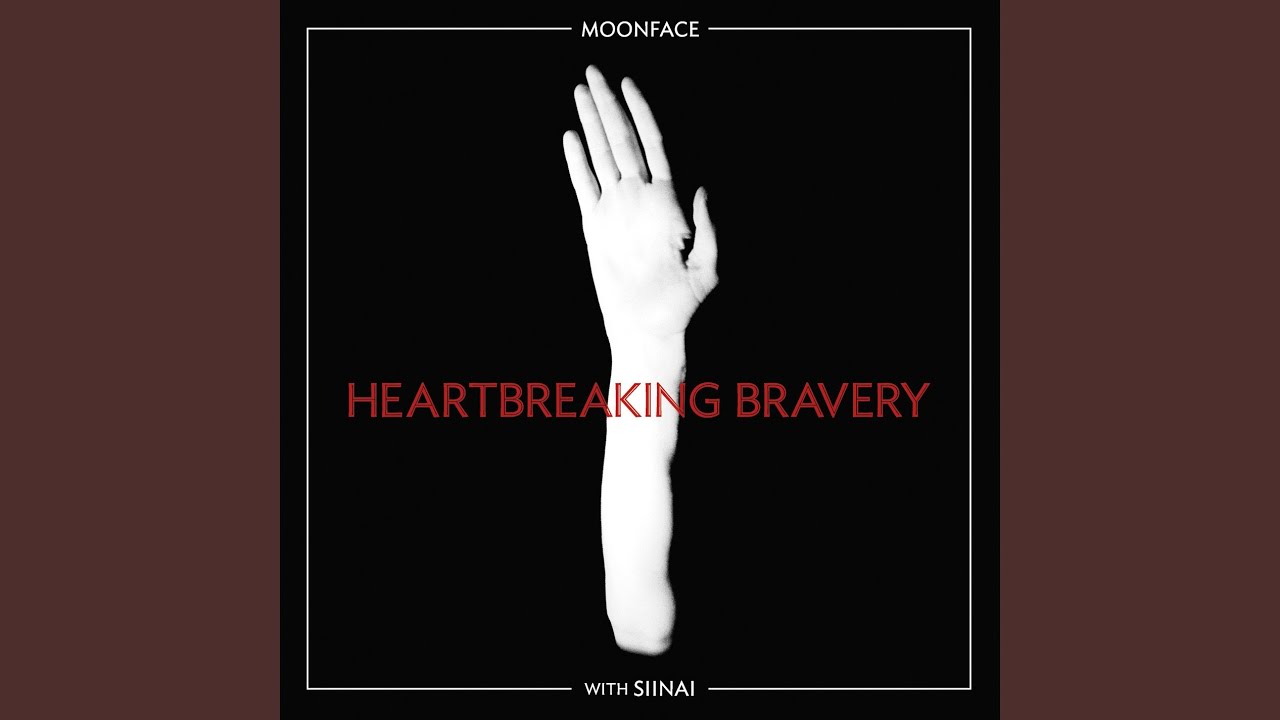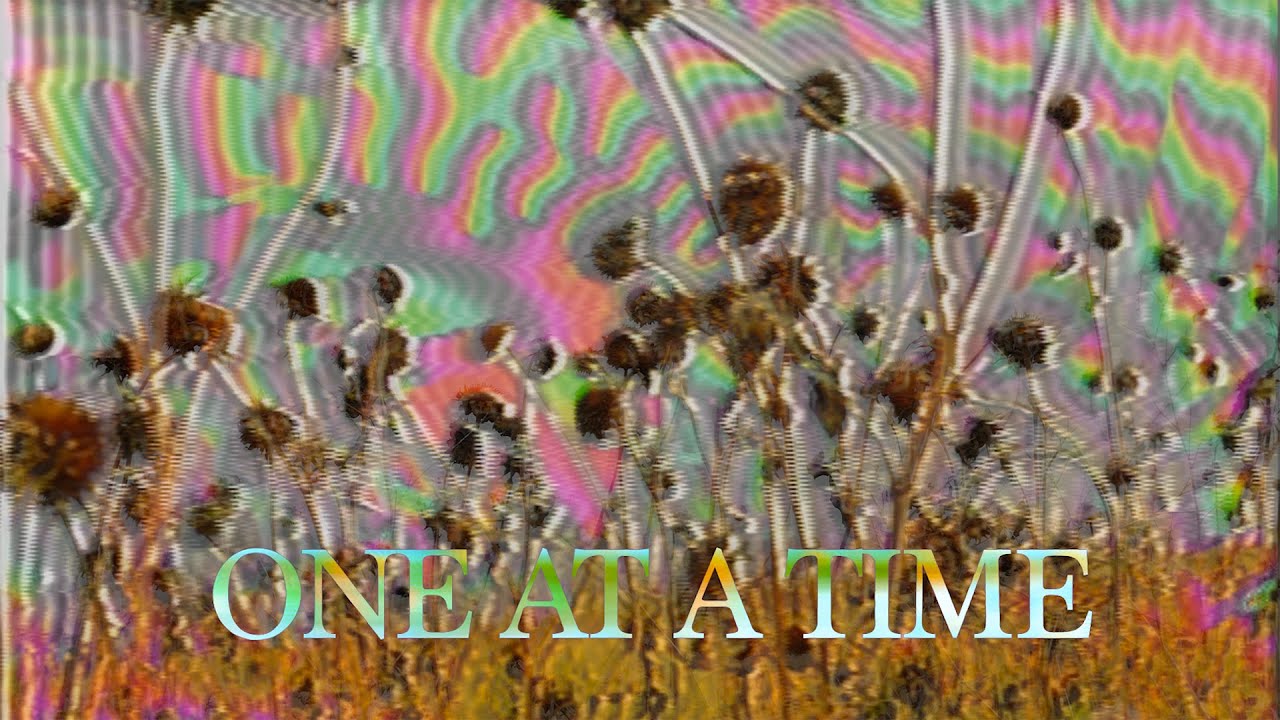Photo by Samantha Santoni
When I was a child, I was obsessed with horses. I had a cheap horse statuette that I would walk around the house clutching so hard my hands would shake. Whenever I started to have a tantrum or cause problems, whichever one of my five elder siblings would clutch their arms around my pot belly and drag me up to the bedroom window upstairs. They’d point at the horses on the farm across the road, and I would stop. More than anything, I wanted a horse.
Today, I fucking hate horses. They’re utterly terrifying, unpredictable machines of pure muscle, equipped with nightmarish penises that could leave you looking like a science experiment. But this isn’t abnormal – it’s life. We regularly adore things and then we outgrow them. An extremely visceral example of this is musicians and artists, because the way we consume their art is so intense. We want to look like them, sound like them, dress like them. We want them tied to every memory; so when we inevitably fall out of love with them, it’s all the more profound.
Yet there are some artists who buck that trend. Ones that you enter into intense, evolving long-term relationships with. For me, it’s indie songwriter Spencer Krug. Since I was 18, I’ve been following his work. This has gone from obsessively learning every lyric and guitar lick, and trying to write songs and mimic his voice and to being one of a dozen people jumping around at an otherwise barren show in Cardiff. Yet whenever I’ve felt the normal beginnings of that regular impulse to move away from the work, he changes course. And in indulging this instinct, Krug has found a method in a way to grow old with grace. This has continued with his new solo album, Twenty Twenty Twenty Twenty One.
It’s important to take quickly stock of the fact that he began as a breakthrough artist during the gilded Pitchfork indie era. In 2004 his band Wolf Parade were signed to Sub Pop, one of the biggest independent labels going and responsible for Nirvana, Soundgarden, Beach House, Fleet Foxes, Metz and The Shins. Yet interestingly today, I communicate with Krug on the subject of his new record directly. There is no PR representative. He has pivoted. That makes this is a genuinely independent release, produced and sold on vinyl by Krug directly via his website Pronounced Kroog. The idea came together just before the pandemic, when Krug set up a Patreon page and begun posting rough songs as he wrote them with long pieces of writing and personal photos. For an indie cult artist two decades into their career to be so bold as to abandon the comfort blanket of a label was a big risk. Yet at the time of writing, he has 1,128 subscribers spending at least $1 a month (lowest tier). You expect this from – shudders – content creators, but this feels like an interesting model for an offbeat artist. Philosophically, being beholden to a cohort of fans investing in the idea of him and his art, rather than the whims of a wealthy benefactor, is exciting. This potentially could be a good blueprint for other independent artists to adapt to an industry that is increasingly hostile and monolithic.
I think that Krug is uniquely positioned for this reinvention however as he’s always done the same thing in his own music. What I loved about the Wolf Parade albums was their energy. They are quite clearly recorded live, and the tunes – written by both Dan Boeckner and Krug as a pair – are musically intricate without ever feeling sickly, and have that wonderful chaos that makes them sound on the edge of falling apart. But it was always Krug’s material as a dominant songwriter and creator that I was particularly in-tune with.
The beginning of this is his work under the song writing moniker, Sunset Rubdown. Those early EPs – Snakes Got A Leg, Sunset Rubdown – and the first album Shut Up Am I Dreaming (2006) are acoustically strange, with the sound of the room almost qualifying as its own instrument. Idiosyncratic Bowie-adjacent vocals follow whimsical melodies and organic instrumentation. Like an uneasy ketamine trip, there are lots of elements that individually feel pleasant but as a collective feel like they’re conspiring against you (‘Swimming’; the final reprise of ‘Snakes Got A Leg’ – “I got chased by a hundred snakes this morning, got away from a hundred snakes in the night”).
From this disconcerting miasma of sounds emerged anthemic tunes. ‘The Mending Of The Gown’ and its insistent guitar line remains one of my favourite openings to a record. ‘Stadiums & Shrines’ is defiant. But there’s a time and a place for that kind of theatre, and in 2009 after fellow Montreal group Arcade Fire had taken this to such a degree, equipping themselves with nine members and touring stadiums nonstop, I felt a bit exhausted by it. My focus began to shift. Yet it was seemingly clear that Krug felt the same way. He quickly disbanded Sunset Rubdown and began working on a fascinating supergroup project named Swan Lake with other unique songwriters Carey Mercer of Frog Eyes and Dan Bejar of Destroyer. Eventually, his focus shifted onto a new moniker capable of matching his ever-changing makeup: Moonface.
The first two EPs with Moonface were weird. 2010’s Marimba & Shit Drums is one continuous rhythmical and inquisitive piece. The second, from 2011, Organ Music Not Vibraphone Like I’d Hoped is sonically completely different, yet Krug stumbles on an honesty that would lead him forward in the form of ‘Fast Peter’. The piece is relentless, with electronic drums racing and organ providing a base. The lyrics grapple you from the top, "Peter loves a girl, the way that only Peter does, he told me all about it on the balcony, when we were high on drugs". With this departure from the fantastical, we get a prescient intimacy. In 2012, to chase off the pangs of loneliness abundantly clear on this material, Krug left Montreal for good and went to a place with even worse weather and less sunlight, Helsinki. And there, shit got darker. And clearer.
I love the album, Heartbreaking Bravery, like my unborn son. From the top with the title track, you can hear the impact of his collaborators for this album, Finnish progressive rock group, Sinaii. They set a ritualistic fluttering rhythm, then something surprisingly unfamiliar, Krug himself. I say that because it is not the erratic style of vocals carrying surreal lyrics but a direct communication and croon. Trauma, spelled simply and with acerbic comedy: “The bed looked like a butcher’s block and you liked it better when I was on top and thought about nothing at all”. Beyond that, it’s heavy. Loud. And there’s a meditation that comes through the repetition of themes and ideas that are capable of taking you to some meaningful, challenging places.
When I first heard the next album, Julia With Blue Jeans On, I felt as if I was dying. I remember watching the record’s leading video, ‘Love The House You’re In’ featuring a live performance of Krug sat at a piano in an otherwise empty church. In fact, the whole record is this set up – piano and vocal. The sentiments, about an attempt to love and accept yourself despite your nature to do exactly the opposite lit something up inside me. I was 21 at the time and was having a really difficult time, mentally. Well, I just hated myself, which probably happens to most of us for a period when we’re coming of age. Yet with ‘Barbarian’ or ‘Everyone Is Noah, Everyone Is The Arc’ and their acknowledgements of being at odds with yourself, then ‘Julia With Blue Jeans On’s an emergence from the darkness, I needed to hear it.
Well, maybe I did. There’s an interview I did with Spencer Krug in St Pancras Old Church from 2013 that makes a strong argument I should not have heard it. In it, I’d grown my hair long, was wearing a shirt, attempting to hold a similar demeanour. Spencer was insightful and respectful, but I look really nervous. This was my first recorded interview as a journalist, and I clearly idolised him so much, it’s honestly a little difficult for me to watch today. And embarrassing. Thankfully, I soon grew out of this and started to have a better idea of who I was. Naturally, I began to drift again. And in more of a meaningful way. Spencer released another prog record with Sinaii; another stripped back piano EP City Wrecker; he even brought back Wolf Parade with some interesting new material. But for the first time in my adult life, I felt distance.
Then, in 2019, a news story emerged. Spencer Krug had written an open letter to announce that he was killing the pseudonym Moonface. He described it as a facade he had used to hide behind when attempting his most challenging, melodramatic work. Ultimately, he articulated how there are sufferers of the medical condition of the same name, and wanted to show a sensitivity to them. To bid farewell to Moonface, he released a concept album around the story of Theseus and the Minotaur played with jazz percussionist, Mike Bigelow. It’s texturally abnormal, long, and packed with interesting ideas. But from now on, he would go under his own name, Spencer Krug.
With that, we arrive at the Patreon page and this new way of working. 2021’s Fading Graffiti was the first product of that. Largely confounding himself to acoustic guitar – an instrument he’s admitted being “shit at” – like a child on a naughty step, it is as unusual and interesting as anything he’s made. There’s almost something dusty about the textures, slide guitar and soft drums on the album, like a hungover oasis in an otherwise deserted town. Yet this is no normal Americana album. More like he’s kidnapped Neil Young’s missing band and is holding them all hostage to accompany him on songs about ayahuasca and fever dreams about our newfound ability to photograph black holes. ‘Having Taken Ayuahasca’ is the perfect fermentation; ‘Crossroads’; ‘One At A Time’ is a beautiful song.
A second record, Twenty Twenty Twenty One, arrived this month. It’s hauntingly bare in places, yet somewhat less insular than his previous work. Lyrically, it is a dark interpretation of our future and collective dysfunctionality. Melodically, there is more of a conventional basis, but this is complimentary and enhancing to his archetypal unusual melodic twists (‘Bone Gray’). Sonically, it’s hard to pin down. The kinetic acoustic guitar from Fading Graffiti is fairly consistent, but space age synthesisers, organ, vocoder, electric and acoustic drums make for more abnormalities. ‘My Muscles Are Fine’ is a justification of losing important years of your life to circumstance, and dealing with the corresponding sadness. For him and me for me alike, this is a new environment, and I’m glad he’s taken me there.
And that’s why I trust Spencer. Looking back at the past two decades I’ve spent with him, I’m struck by something. That as you grow old and if you want to do so with grace, you should never underestimate the ability within somebody to remain interesting. In Krug, I have chosen somebody who will continue to develop, challenge and confront me with all of his actions as that is his nature. Like any life partner, I hope he keeps me interesting, honest, and that he doesn’t leave me behind.






